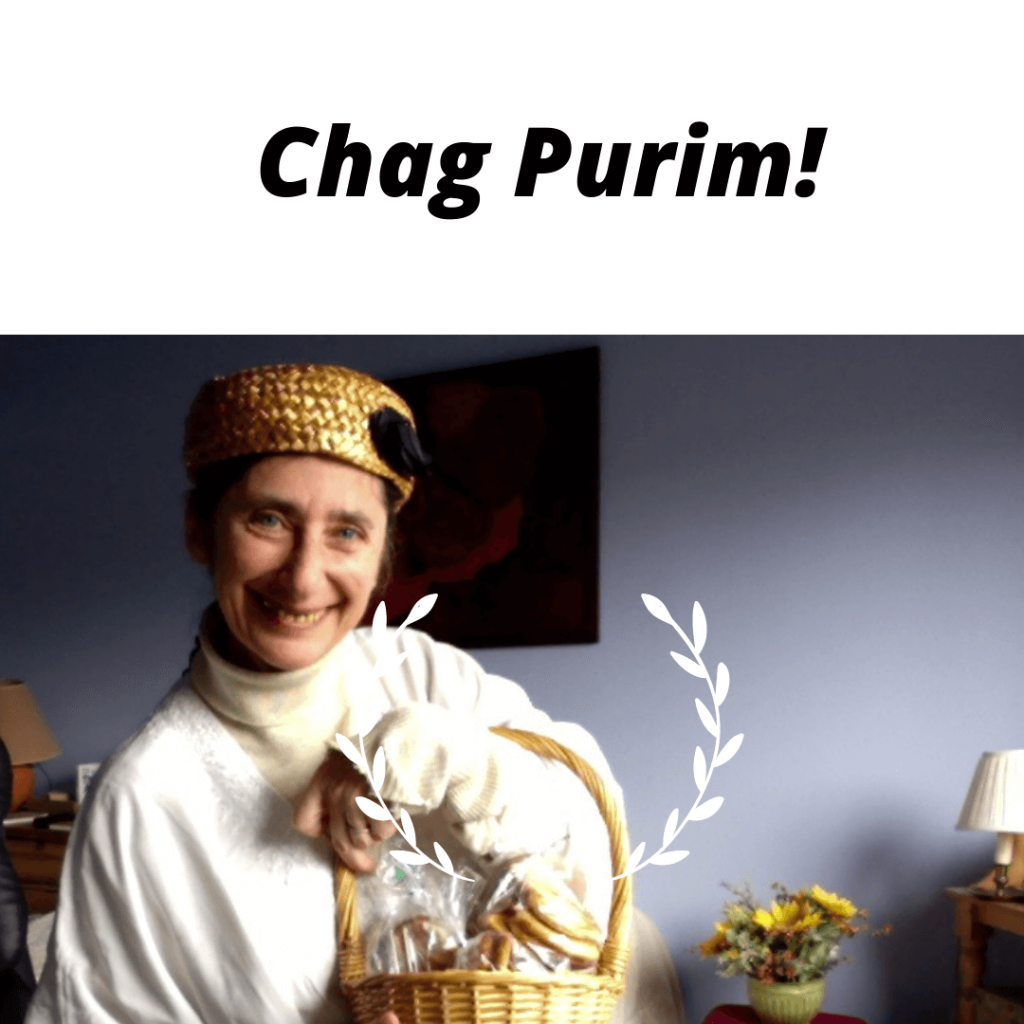
This year we go into Purim with a cloud of war in the world and great danger to our Jewish brethren in the Ukraine. Israel is doing what it can and hundreds of volunteers are doing their best to alleviate a terrible situation. So how can we be joyous at such a time? Or maybe better yet, how can we not be joyous on this day? For without the joy of our holidays and the trust in God who has gotten us through thick and thin for millennium, where would we be. So let us be joyous but also remember all those who have tried to destroy us and failed. Someday we will look at war as something of the past. Let us draw a future of redemption into the world now.
L’Chayim!!!! Good Purim!!!!
Rabbi Avraham Arieh Trugman
Joy permeates my life today.
It does not mean that I do not care about what is happening in the world, at the time I am typing this post. It only means that joy is an experience I can have at the same time I experience deep care and concern for those in distress.
Giving and receiving joy is active work. It is born out of intention. I constantly make a decision to choose joy over gloom.
It may not be easy, but it is very simple.
My mind loves to overcomplicate everything.
So I choose to stop my mind from running into chasing squirrels all day long.
I pause, I breathe, I smile, I let the vision of warmth, love, and safety engulf me.
Once I have received that feeling, it becomes so much easier to send it back to the universe.
I am looking forward to the holiday, this coming Thursday.
Have a joyous Purim! to all who celebrate.
This year those who do not celebrate: Happy Saint Patrick’s! to those who celebrate. Stay safe and not too disorderly. Joy and exuberance can go together with caution and care if we choose moderation and balance.
To Life! L’chaim!


